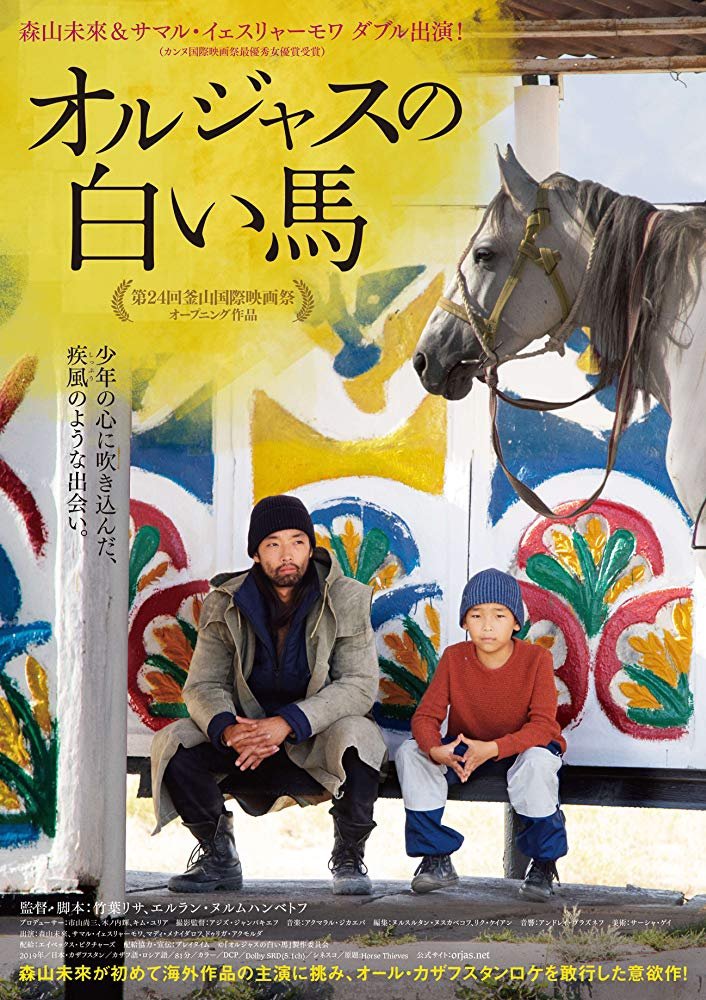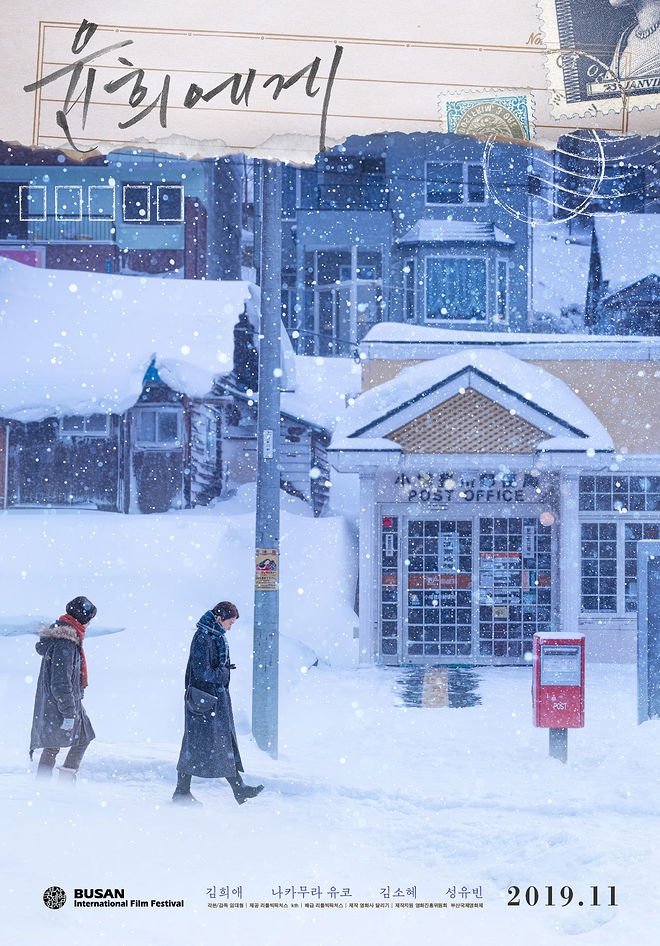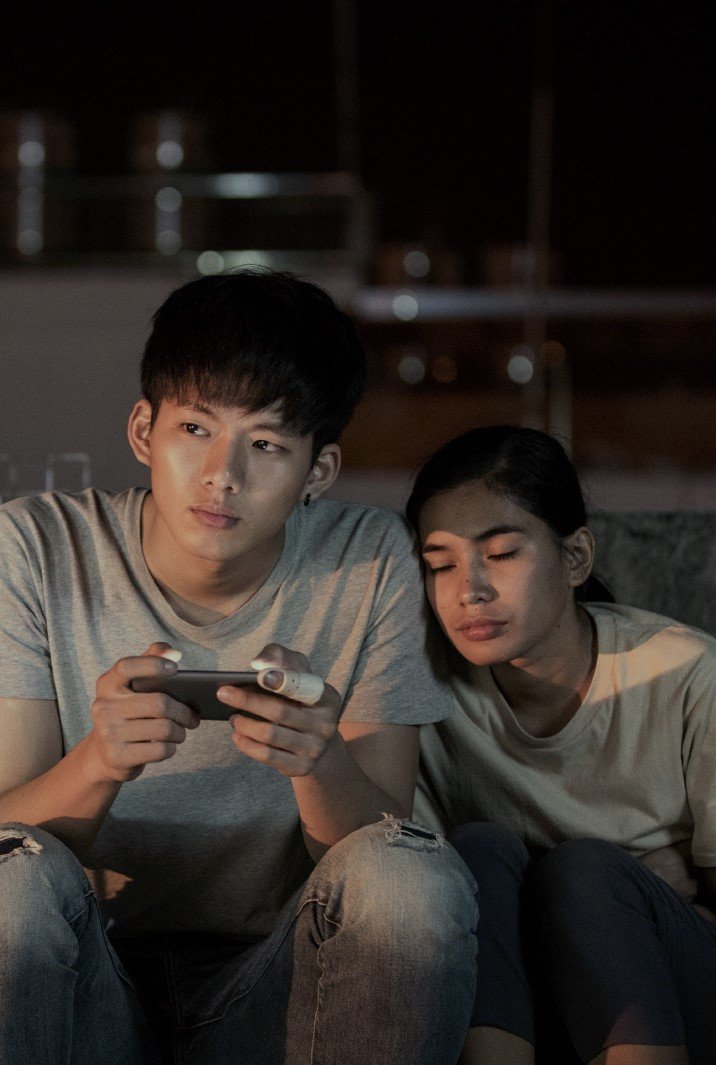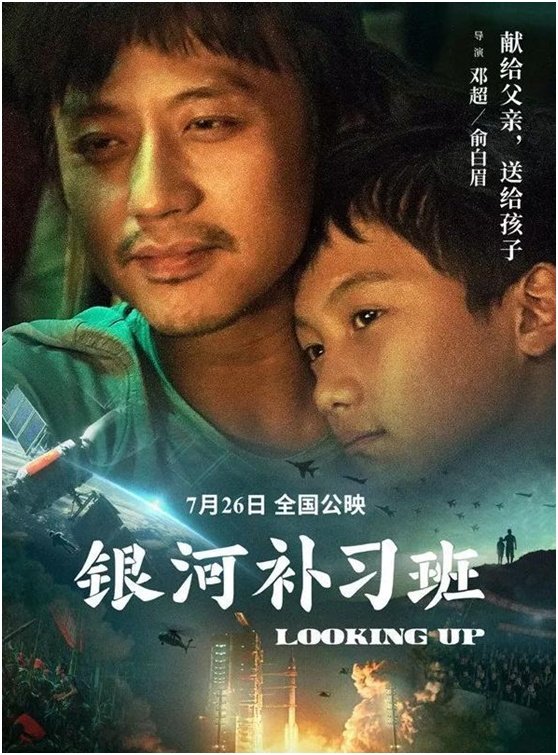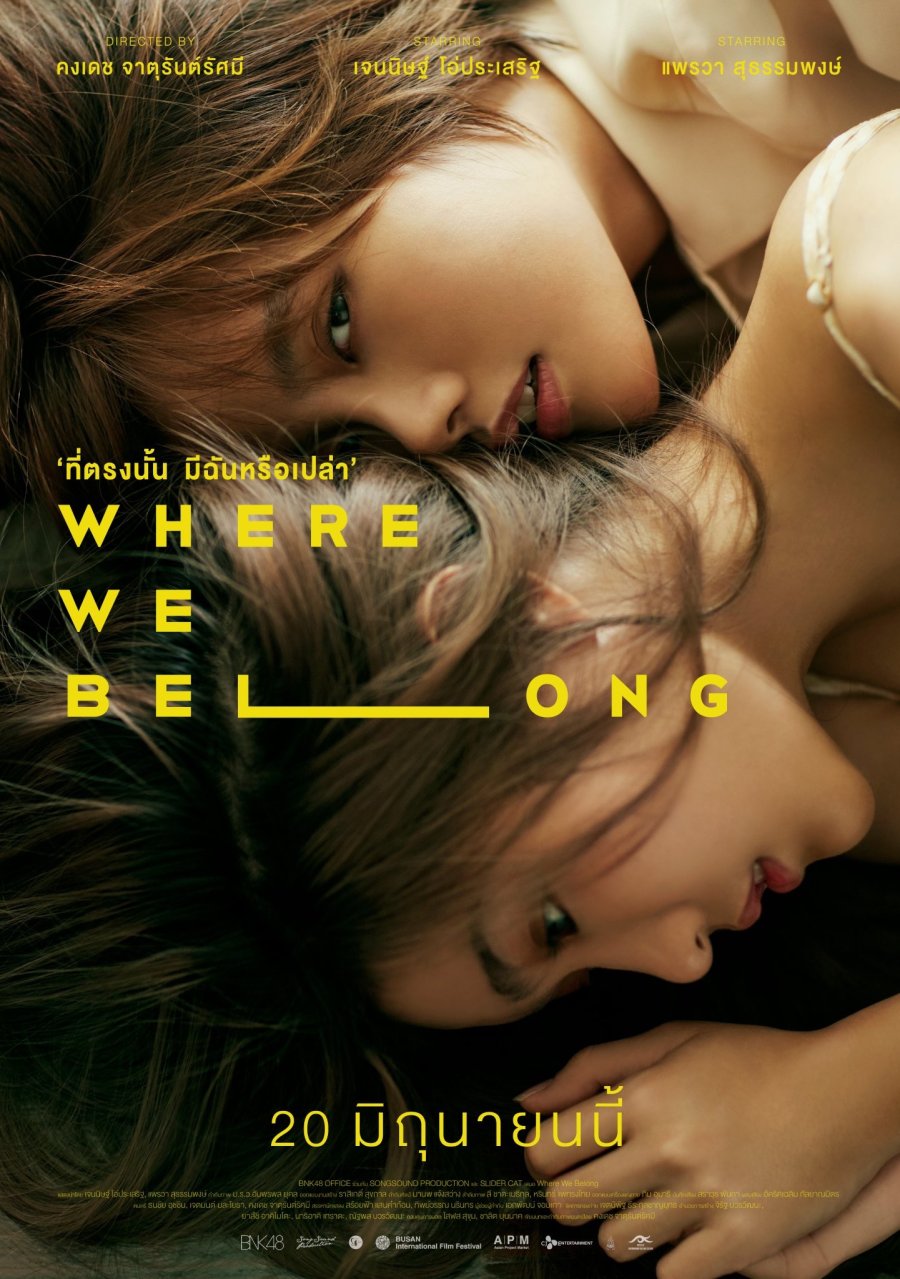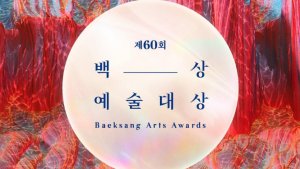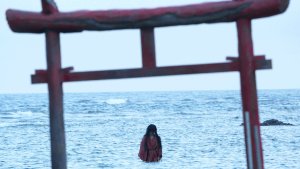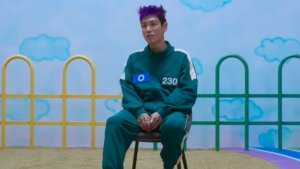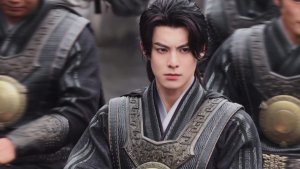 Celebrating Children's Day with Our Favorite Stars
Celebrating Children's Day with Our Favorite Stars
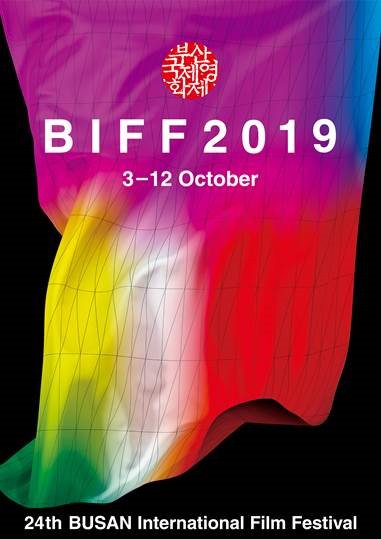
The 24th Busan International Film Festival
took place at the Busan Cinema Center, South Korea
from 3rd to 12th of October 2019 and featured a total of
303 films from 85 countries.
When the poster was unveiled, it highlighted the splendid colors of Asian flags integrated, representing flags of all nations as Asia all in one.
The BIFF 2019 celebration began with the movie "The Horse Thieves. Roads of Time" and closed with the film "Moonlit Winter".
Moonlit Winter (2019) | |
|---|---|
In line with the festivities, let us remember Korean cinema's humble beginnings.
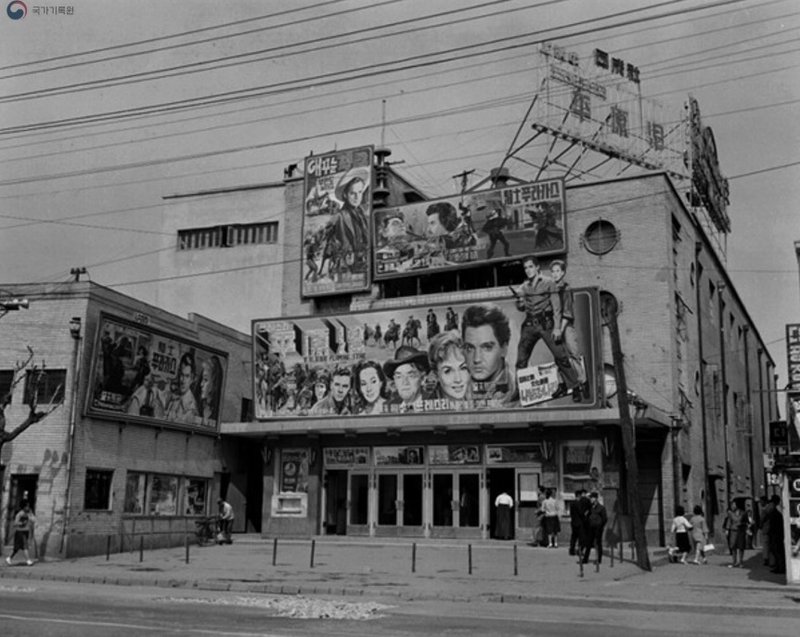 (Exterior of the Dansungsa Theater, the nation's first movie theater, located in Seoul's Jongno district c.1962)
(Exterior of the Dansungsa Theater, the nation's first movie theater, located in Seoul's Jongno district c.1962)
Korea's first domestic films were "Uirijeok Gutu"(part-theater/part-film) and "Scenes of Kyongsong City"(documentary), which premiered on the same day, October 27th 1919, at the historic Dansungsa Theater.
Yet it is not until 1921 where the first full-length feature film, "Chunhyangjeon" (The Tale of Chunhyang) was released with some color and sounds.
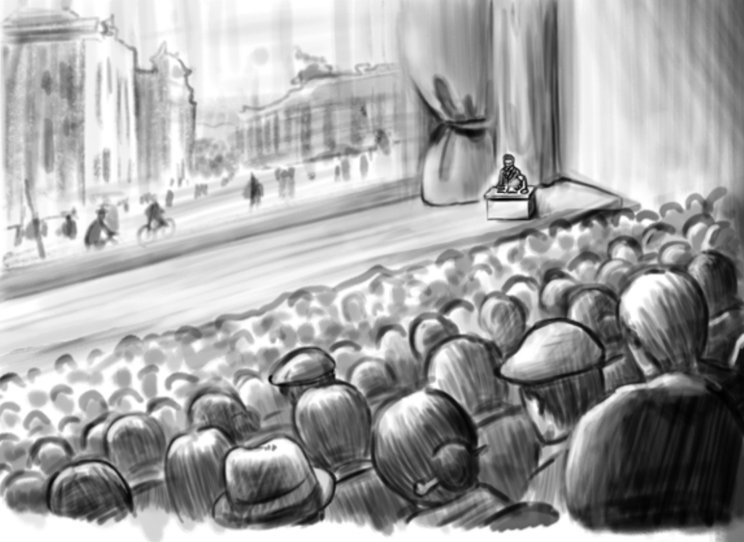
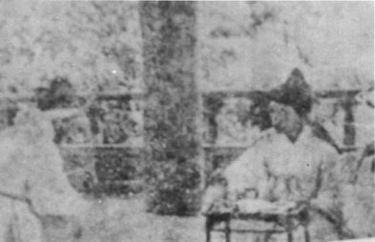
(Images from L to R; visual representation of Uirijeok Gutu being shown at Dansungsa Theater and a scene from the movie Chunhyangjeon)
After the war took place in 25th June 1950 to 27th July 1953, Korea was divided into two and so did their film industry.
In 2007, Ahn Jong Hwa’s 1934 silent film “Crossroads of Youth” was discovered and restored, making it the oldest Korean film that still exists today. All the earlier films have been lost.
While numerous films were being screened, the said festival along with many relevant organizations
didn't forget to commemorate the centennial anniversary of Korean cinema by featuring the most historically meaningful and remarkable Korean movies on a special program.
The 100 Year History of Korean Cinema: 10 Great Korean Films.
A Day Off (1968) | Obaltan (1961) | Good Windy Day (1980) |
|---|---|---|
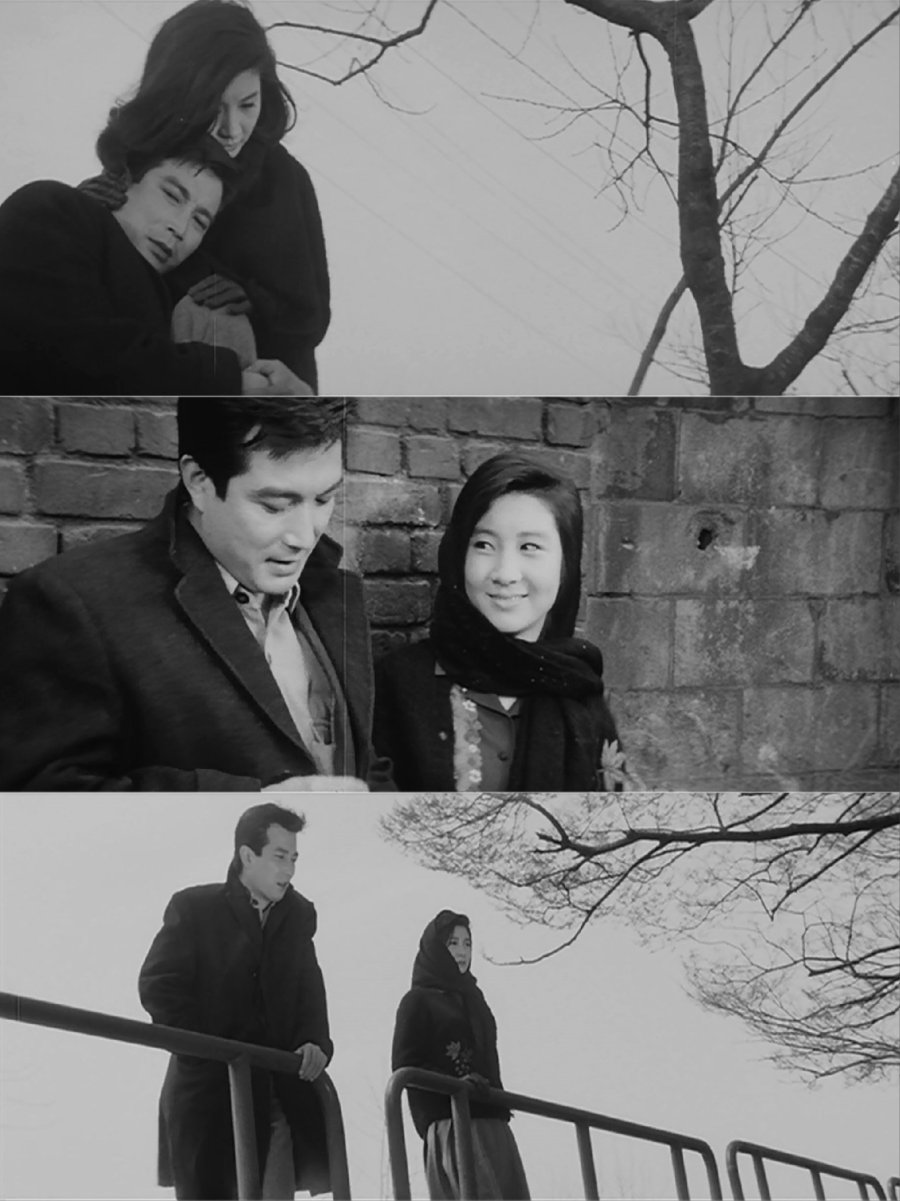 Directed by: Lee Man Hee Runtime: 74 minutes (Film was banned at the time of its release for reasons of gloom and decadence, but was found and restored in 2005) | 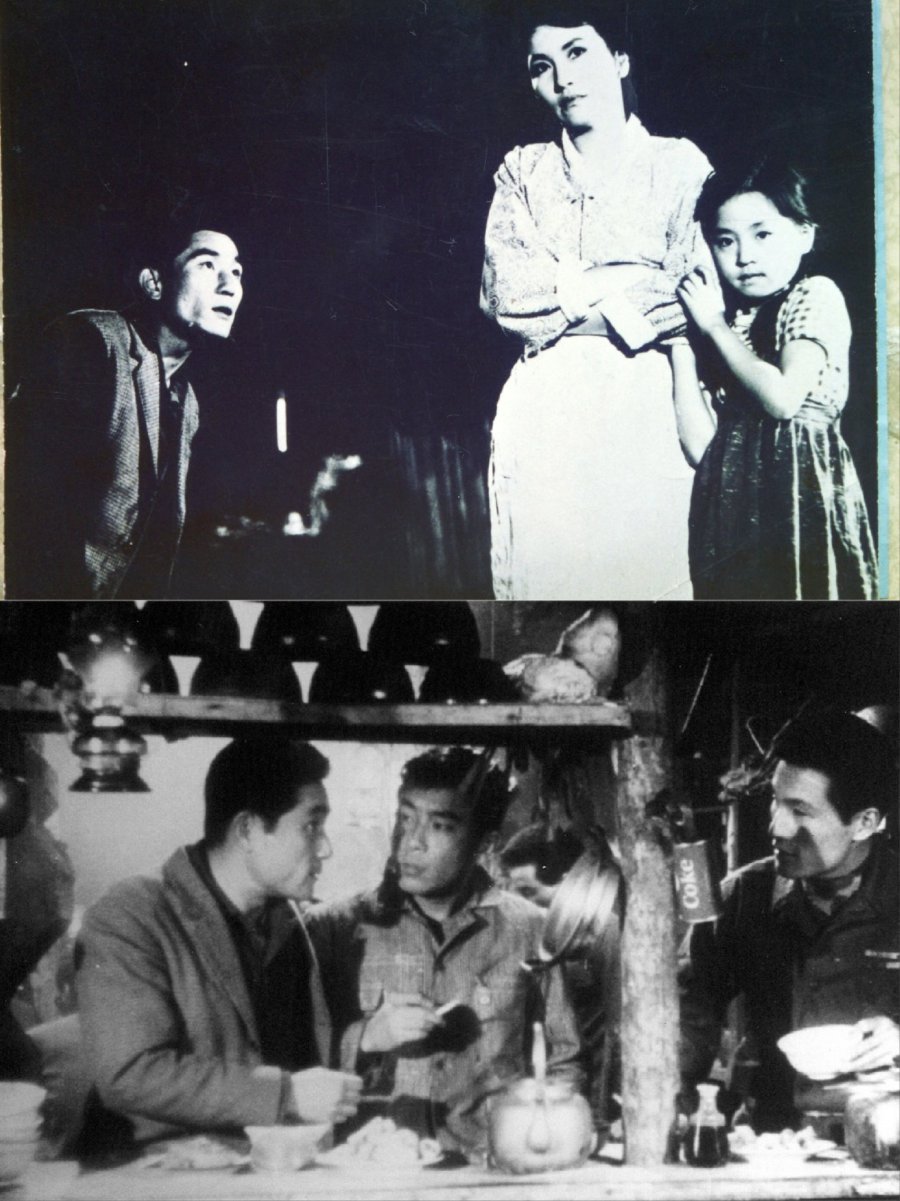 Directed by: Yoo Hyun Mok Runtime: 112 minutes (Depicted the bare, cruel reality of the postwar struggles that the citizens had to go through.) | 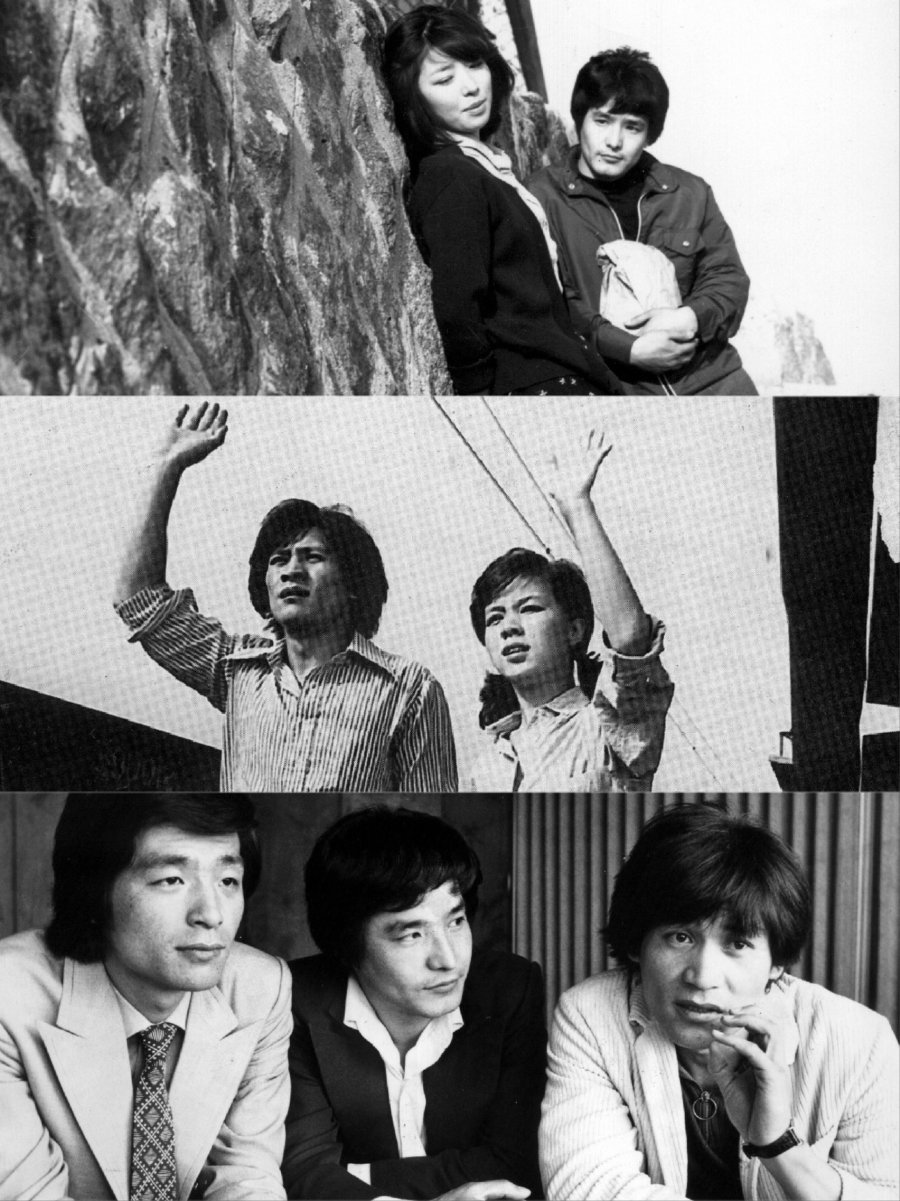 Directed by: Lee Jang Ho Runtime: 119 minutes |
Memories of Murder (2003) | Old Boy (2003) | Sopyonje (1993) |
|---|---|---|
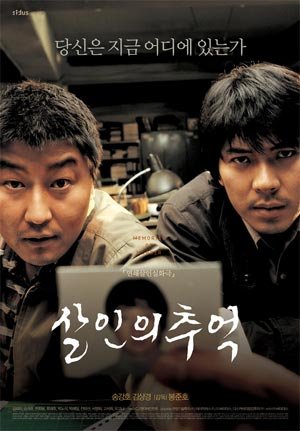 Directed by: Bong Jun Ho Runtime: 131 minutes (Based on a true story, the film is the fourth most viewed film of all time in the country and saved its production company from bankruptcy.) | 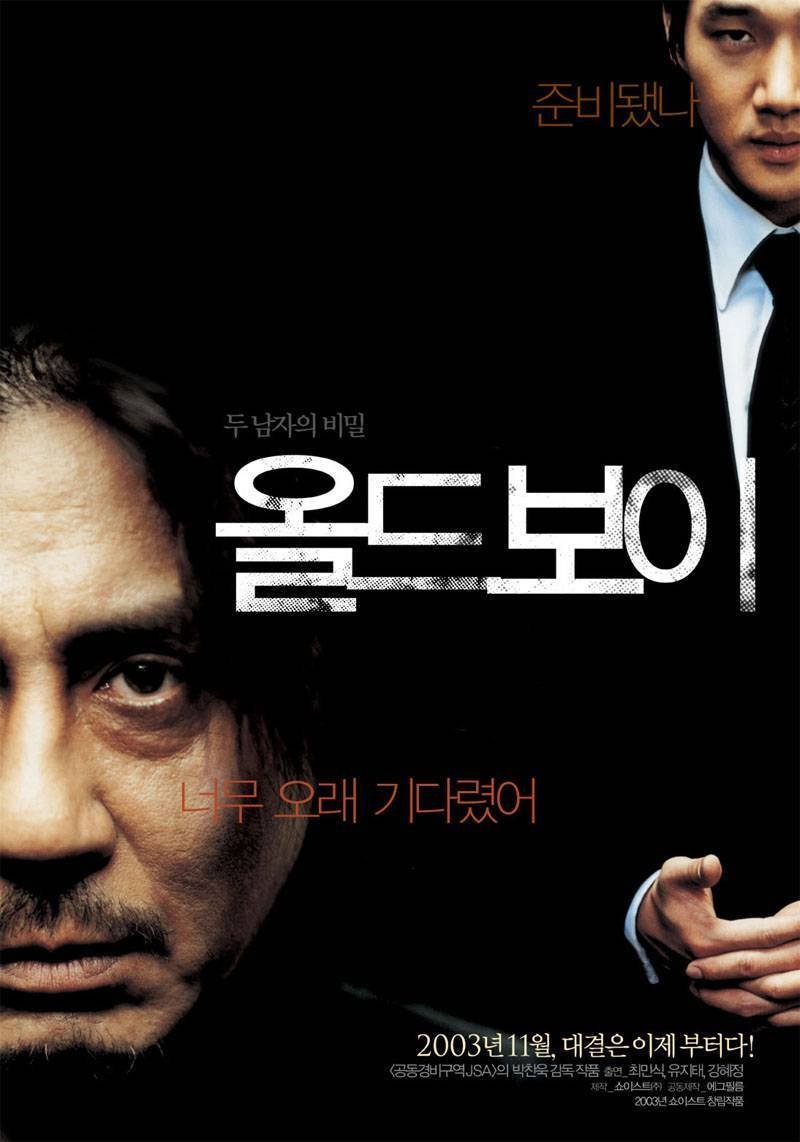 (Won the Grand Prix at the 2004 Cannes Film Festival) | 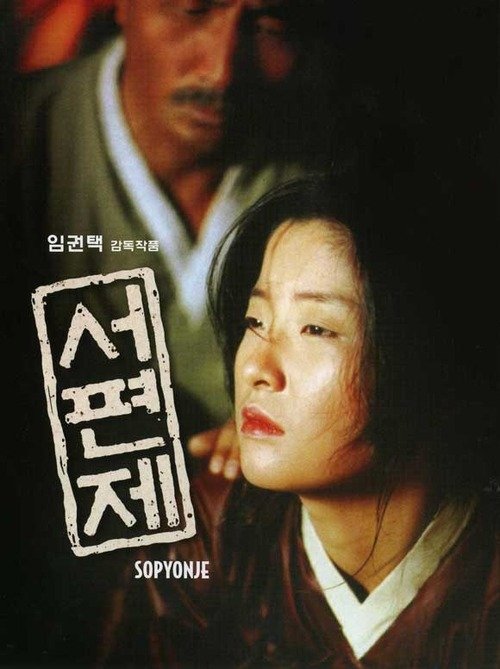 Directed by: Im Kwon Taek Runtime: 114 minutes (First South Korean film to draw over a million audiences) |
The Housemaid (1960) | The March of Fools (1975) | |
|---|---|---|
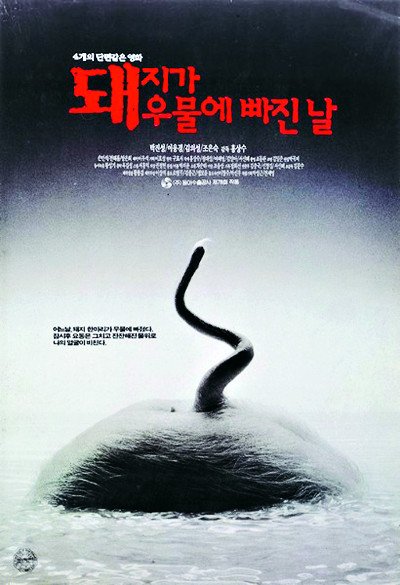 Directed by: Runtime: 117 minutes | 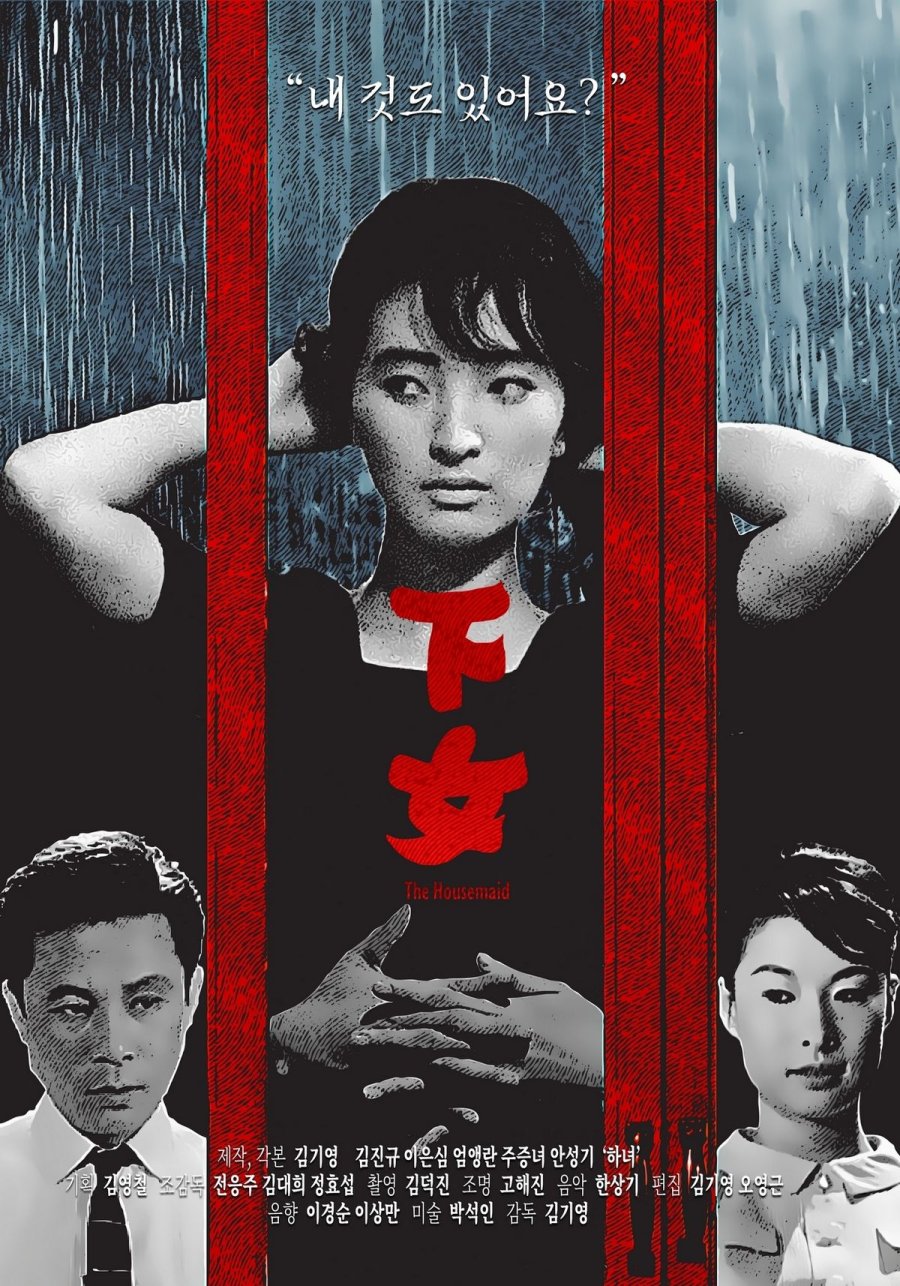 Directed by: Runtime: 112 minutes (Depicted the bare, cruel reality of the post-war struggles that the citizens had to go through.) | 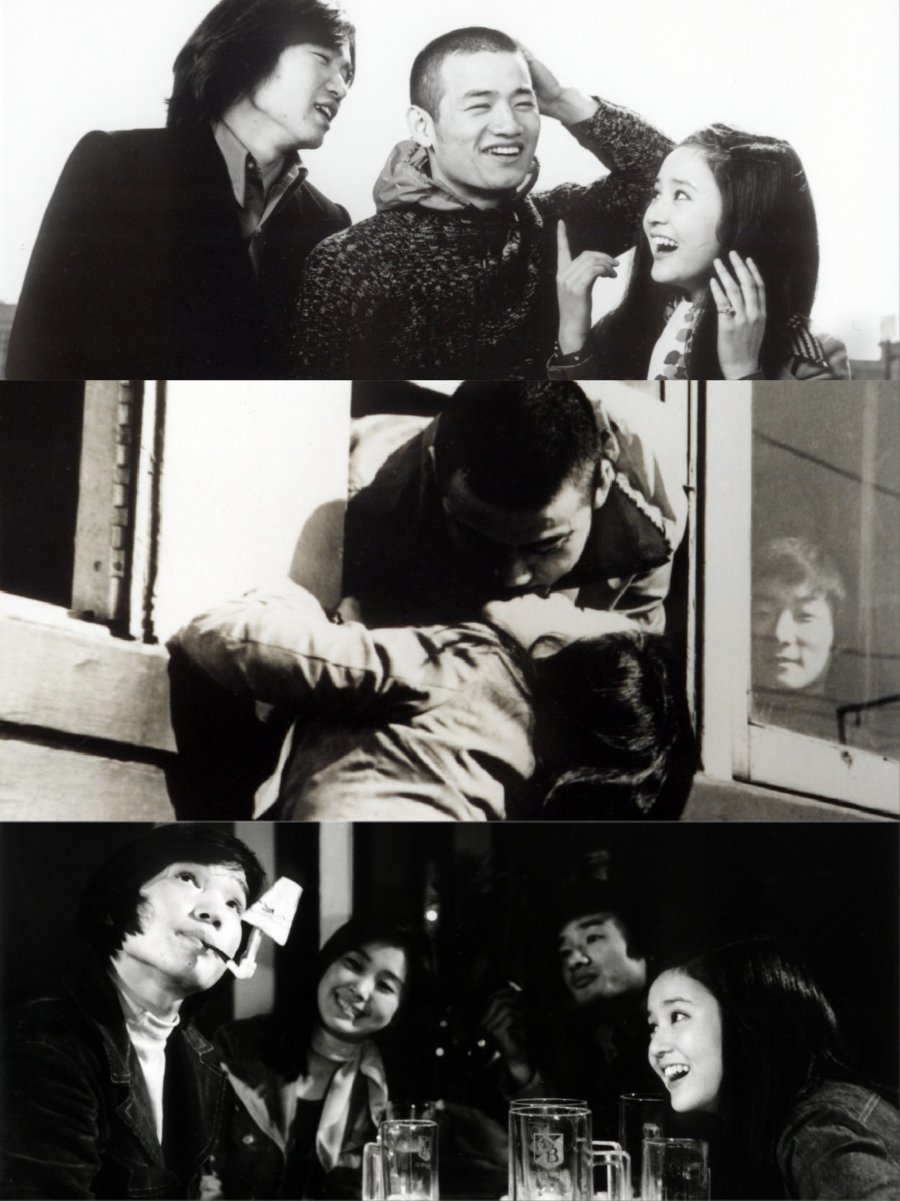 Directed by: Ha Gil Jong Runtime: 103 minutes (Considered as one of the best films of the era. However a huge chunk of the film was deleted on its release.) |
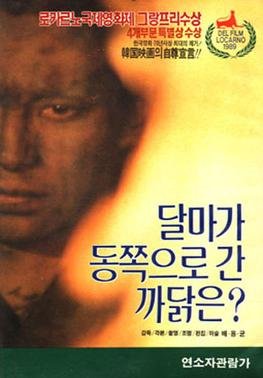 Directed by: Bae Yong Kyoon Runtime: 136 minutes (Remembered as an unprecedented attempt in Korean cinema history and an achievement of exceptional aesthetics.) |
A few Asian films that had been screened during the festival.
Boluomi (Taiwan) | Mindanao (Philippines) | (China) | First Love (Japan) |
|---|---|---|---|
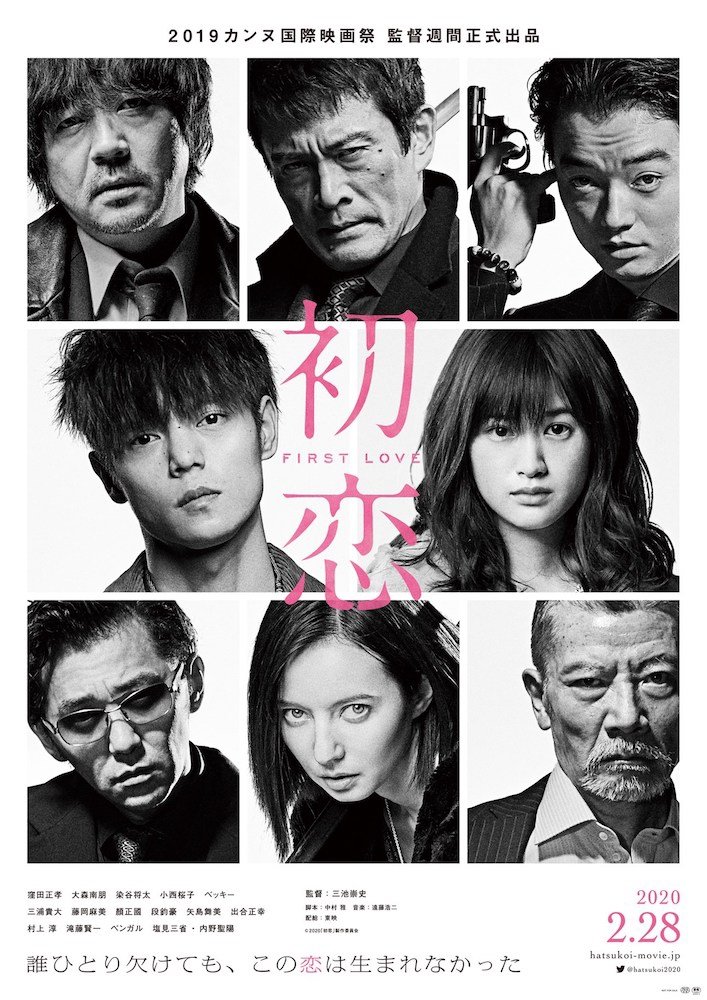 |
(South Korea) | (South Korea) | (South Korea) | Paper Flower (South Korea) |
|---|---|---|---|
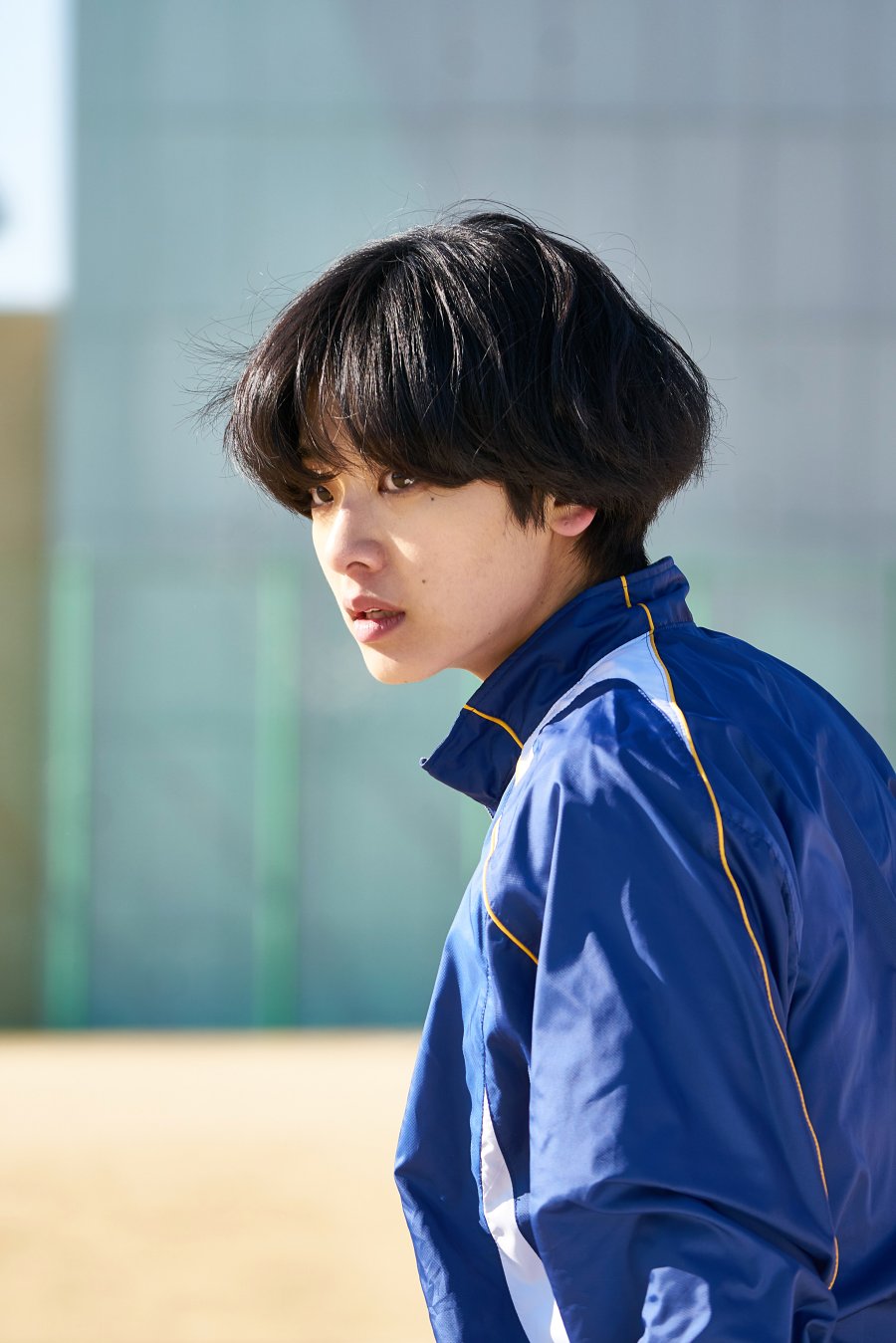 | 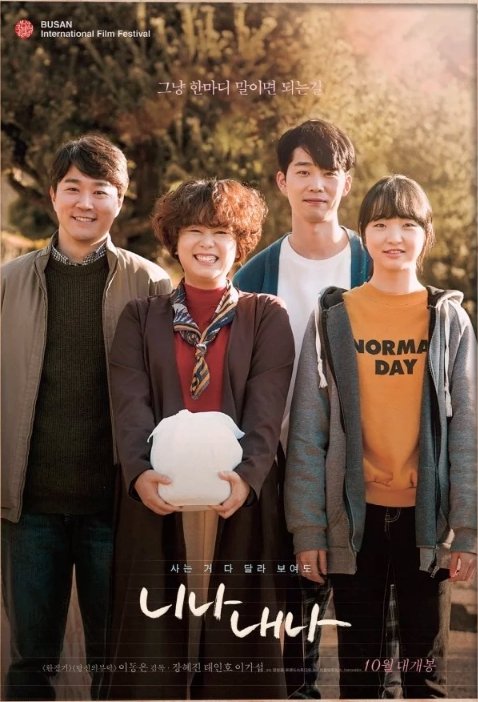 | 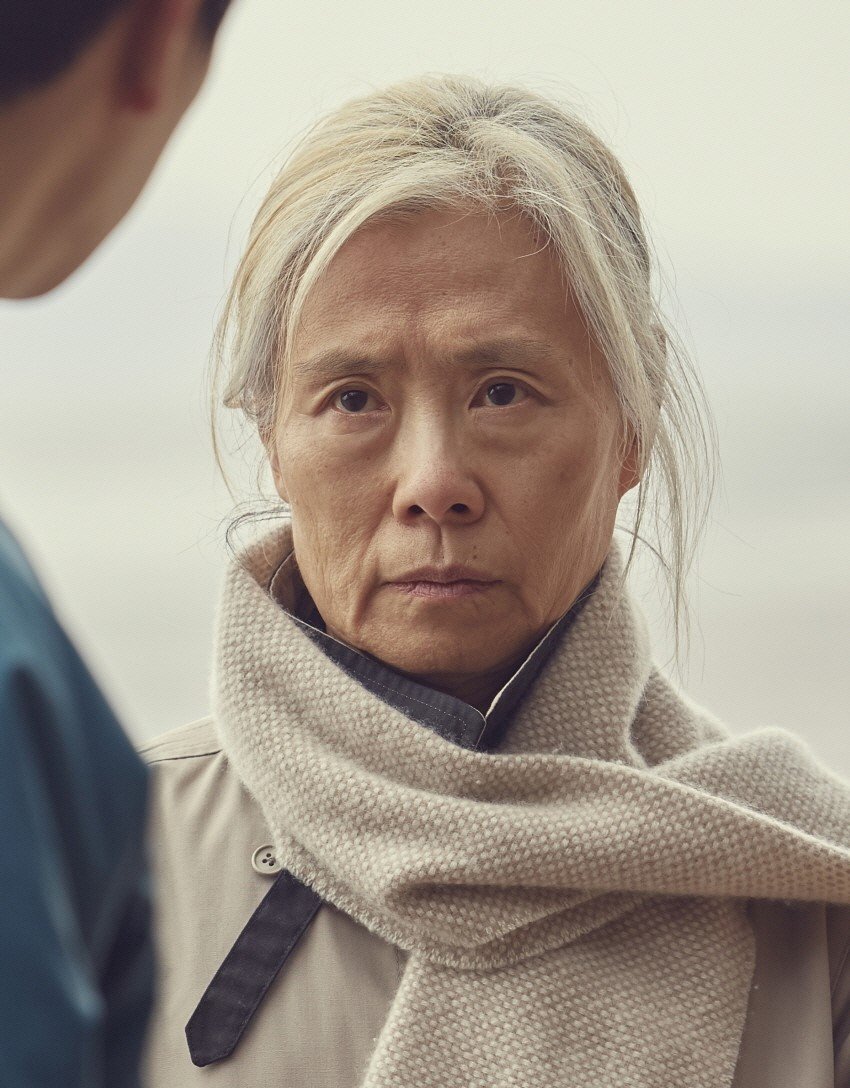 | 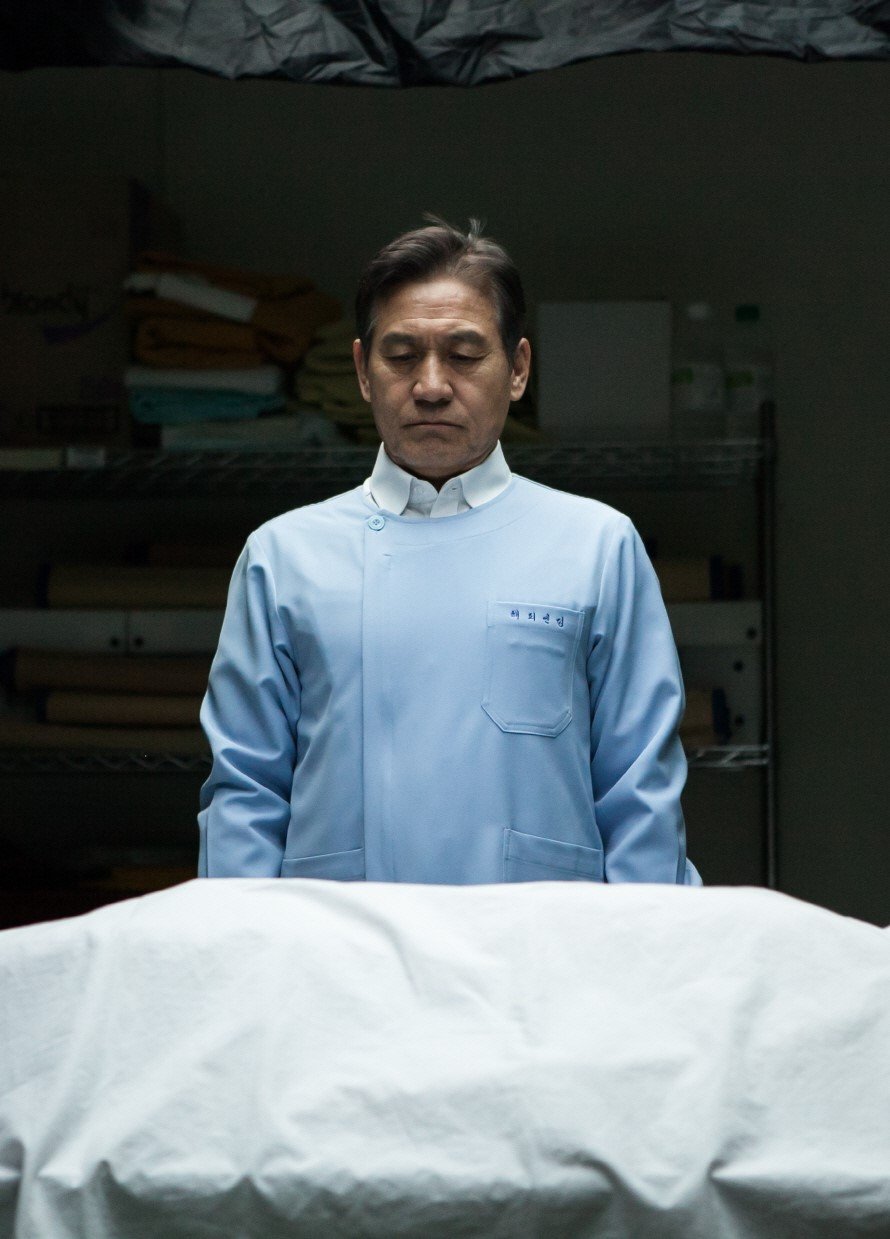 |
Suk Suk | Detention (Taiwan) | (Thailand) | Basurero (Philippines) |
|---|---|---|---|
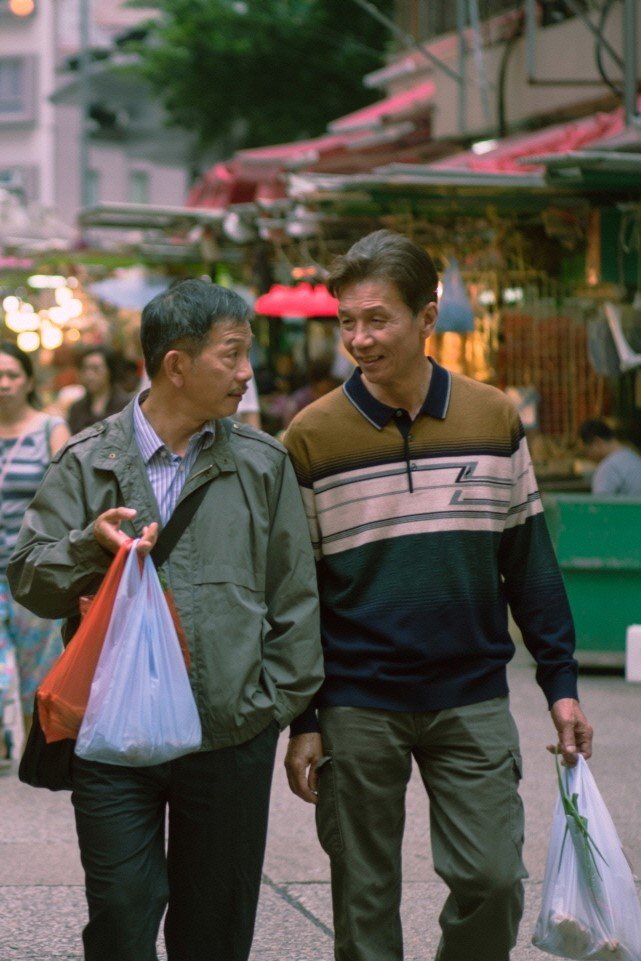 | 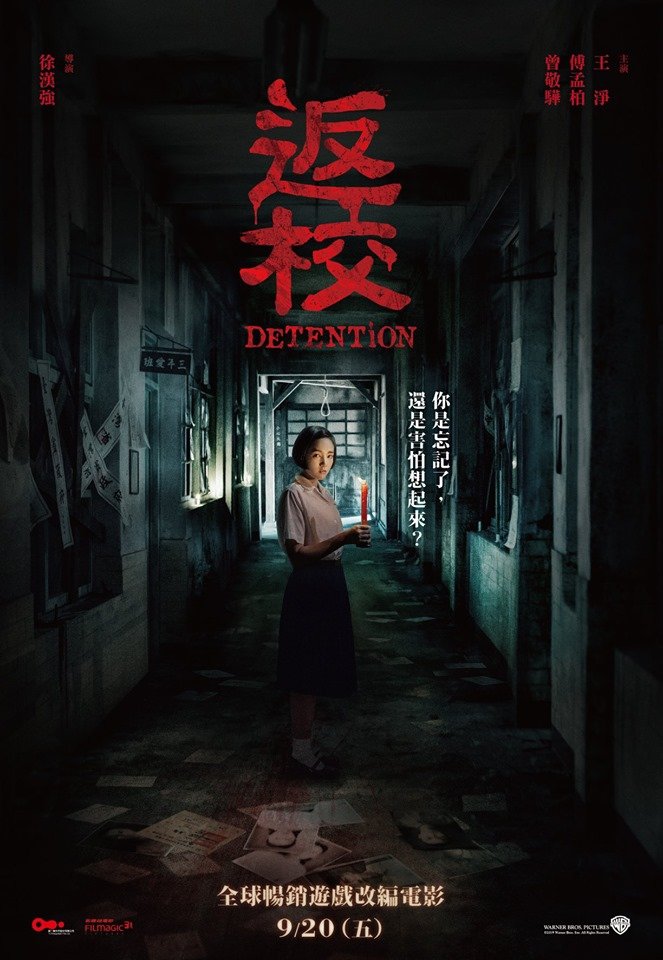 | 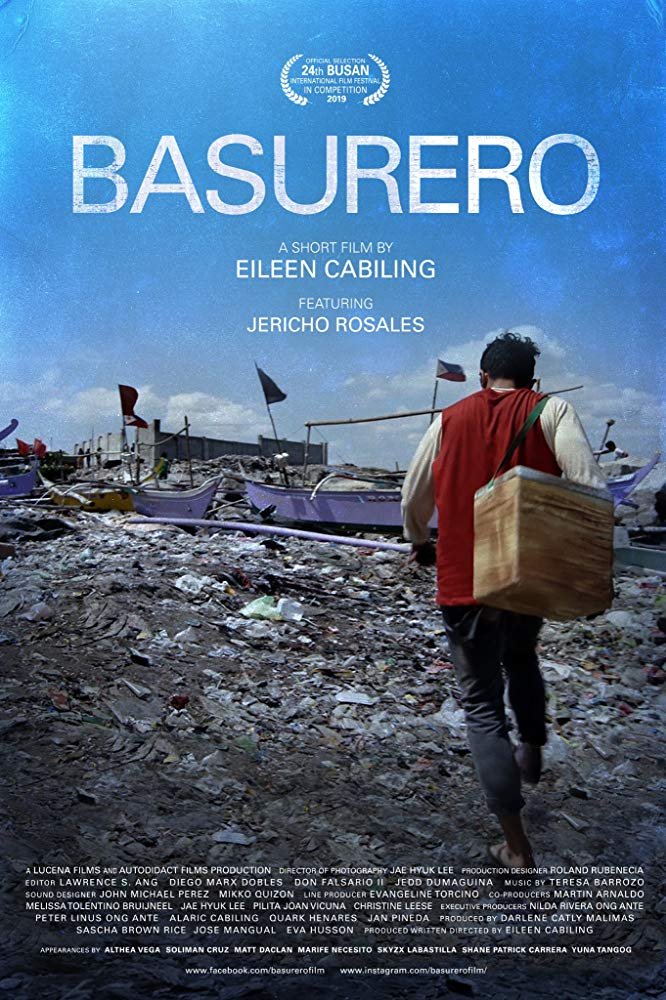 |

